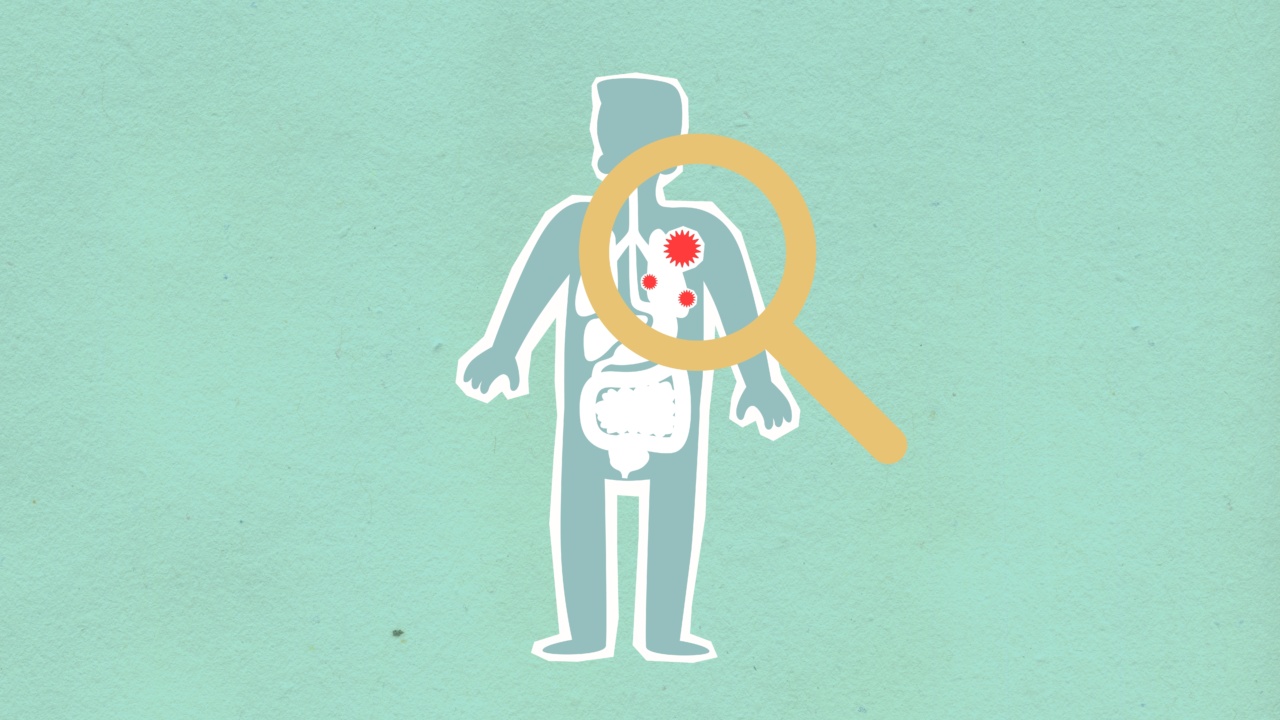Our health is influenced by a multitude of factors, both external and internal. These factors can contribute to our well-being or undermine it, affecting our physical and mental health in various ways.
It is important to understand how these factors can impact our health, as they play a significant role in determining our overall quality of life. In this article, we will explore the effects of external and internal factors on our health and discuss ways to mitigate their negative impact.
External Factors:
External factors are the environmental forces and circumstances outside of our bodies that can influence our health.
While we may not have direct control over these factors, we can manage their impact on our health through conscious choices and lifestyle changes.
1. Lifestyle:
Our lifestyle choices have a profound effect on our health. Factors such as diet, exercise, and substance abuse can significantly impact our well-being.
Consuming a balanced diet rich in nutrients keeps our bodies functioning properly and prevents the development of chronic diseases. Regular exercise strengthens our muscles and cardiovascular system, improves mental health, and helps to maintain a healthy weight.
Conversely, poor dietary choices and a sedentary lifestyle can lead to obesity, heart disease, and other health problems.
2. Environment:
The physical environment in which we live can have a substantial impact on our health.
Air and water pollution, exposure to toxic chemicals, and inadequate sanitation can contribute to the development of respiratory diseases, skin conditions, and other health issues. Additionally, living in areas with limited access to healthcare services can hinder our ability to receive appropriate care and impact our overall well-being.
3. Stress:
Stressful situations, both occupational and personal, can take a toll on our health. Chronic stress can lead to high blood pressure, weakened immune system, mental health disorders such as anxiety and depression, and even cardiovascular problems.
It is crucial to identify and manage stressors effectively through techniques such as mindfulness, exercise, and seeking support from loved ones or professionals.
4. Relationships:
The quality of our relationships can significantly impact our health. Positive, supportive relationships nurture our emotional well-being, promote a sense of belonging, and provide us with a support system during challenging times.
On the other hand, toxic or strained relationships can increase stress levels, negatively affect mental health, and contribute to unhealthy coping mechanisms such as substance abuse.
5. Media Influence:
The media we consume can shape our perceptions, beliefs, and behaviors related to health.
Exposure to unrealistic body standards and advertisements promoting unhealthy habits can contribute to body image issues, disordered eating patterns, and low self-esteem. It is important to be mindful of the media we consume and critically assess the messages it sends about health and well-being.
Internal Factors:
Internal factors encompass the genetic and biological elements that influence our health. While we may not have control over these factors, understanding their impact can help us make informed decisions to optimize our well-being.
1. Genetics:
Our genetic makeup plays a crucial role in determining our susceptibility to certain diseases and conditions.
Some individuals may have a higher risk of developing conditions like heart disease, diabetes, or certain types of cancer due to inherited genetic factors. While we cannot alter our genes, we can manage our health by making positive lifestyle choices and seeking appropriate medical advice to mitigate the impact of genetic predispositions.
2. Hormones:
Hormones are chemical messengers in our bodies that regulate various bodily functions. Imbalances in hormones can lead to a wide range of health issues, including reproductive disorders, mood swings, and metabolic disorders.
Regular check-ups with healthcare professionals can help identify and manage hormonal imbalances effectively.
3. Age:
As we age, our bodies go through natural physiological changes that can impact our health. For example, older adults may experience a decline in muscle mass, bone density, and immune function.
It is important to adapt our lifestyle and healthcare routine to meet the changing needs of our bodies as we age.
4. Previous Health Conditions:
Pre-existing health conditions can have a significant impact on our overall well-being. Chronic diseases, such as diabetes or autoimmune disorders, require ongoing management and care to minimize their effects on our health.
Understanding and effectively managing these conditions can improve our quality of life and reduce the risk of complications.
Conclusion:
Our health is influenced by a complex interplay of external and internal factors. While we may not have control over all of these factors, we can take steps to minimize their negative impact on our well-being.
By making conscious lifestyle choices, creating a positive environment, managing stress, nurturing healthy relationships, and seeking appropriate medical care, we can optimize our overall health and lead fulfilling lives.





























